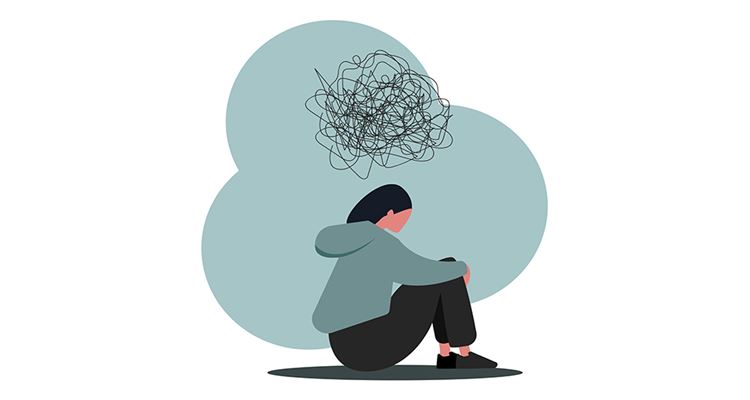What are the different types of depression? Find out below!
If you are sad most of the time that it affects your life already, it could be depression, here are the different types of depression.
It’s normal to feel down or feel sad over something unpleasant once in a while. However, if this sadness takes a toll on your health and daily life, you may have depression, a condition which can be treated with medicine, by talking to a therapist and changing your lifestyle.
“It is a common illness that affects a person and makes him or her have negative feelings.”

Some of its common symptoms are the following:
- Sleeping problems
- Chest pain
- Headaches
- S*xual problems
- Aching muscles and joints
- Agitated and restlessness
- Back pain
- Fatigue and exhaustion
- Changes in appetite or weight
- Digestive problems
Here are its different types:
- Major depression
This is the classic type where the affected person loses interest in doing activities including the ones that used to be pleasurable for them. Among its symptoms are trouble sleeping, changes in appetite or weight, loss of energy, and feeling worthless. - Persistent depressive disorder
This was once called “dysthymia” which refers to low mood but not reached the major depression. Many people suffer from this and are still able to function but they feel no joy at all. Some signs are changes in sleep and appetite, low energy, low self-esteem, or hopelessness. - Bipolar disorder
This was once known as manic-depressive disease. The manic symptoms are the opposite of being depressed like big ideas, unrealistically high self-esteem, decreased need for sleep, overspending, and risk-taking which eventually leads to self-destruction which is usually followed by a period of depression. - Seasonal affective disorder (SAD)
This type of depression can happen due to changes in seasons. The top treatment for this is light therapy and other methods to treat depression like psychotherapy and medication may also be effective.
In order to prevent suffering from this, you may try doing these ways to boost mental health like applying cognitive behavioral therapy strategies on your own, staying connected with others, and practicing mindfulness and meditation.
What can you say about this? Let us know!

